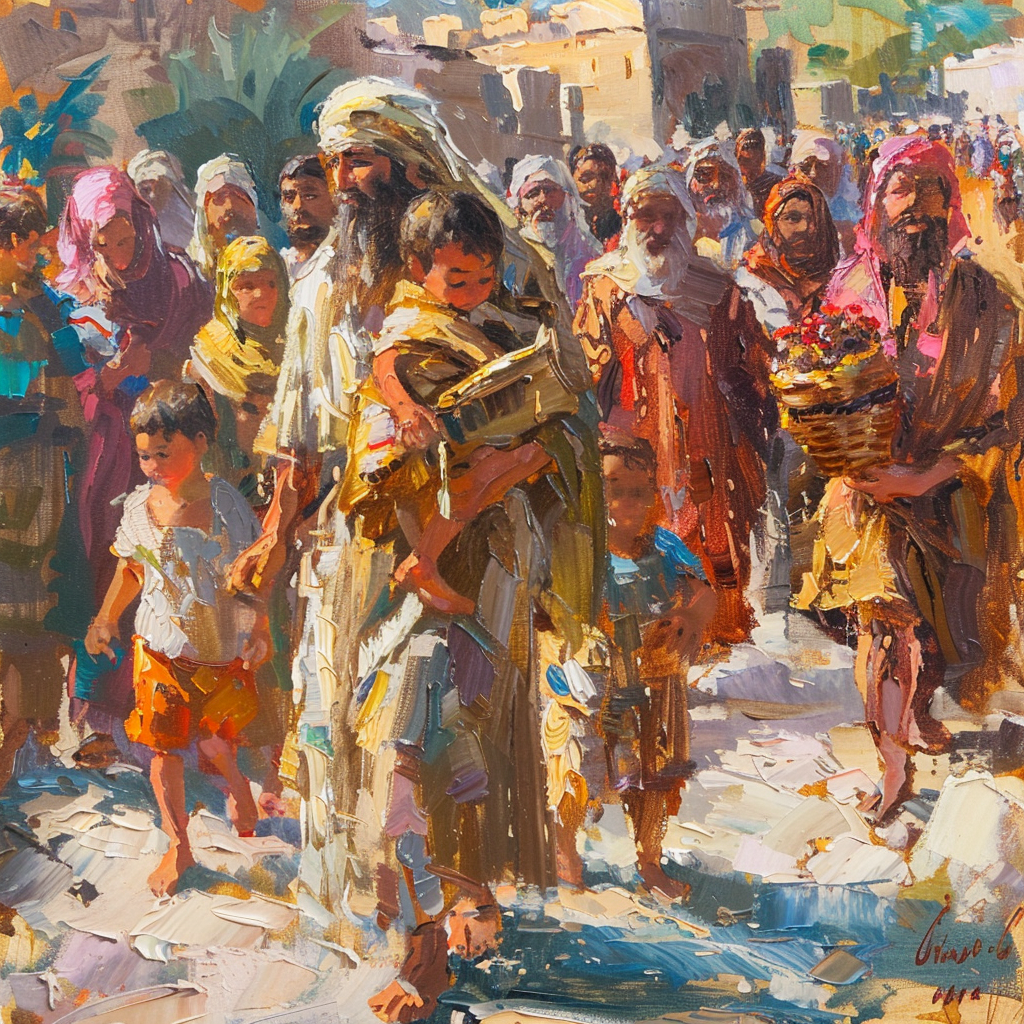Opening Scripture
“Trust in the LORD with all thine heart; and lean not unto thine own understanding. In all thy ways acknowledge him, and he shall direct thy paths. Be not wise in thine own eyes: fear the LORD, and depart from evil.”
— Proverbs 3:5-7
Introduction
In Deuteronomy 8, Moses emphasizes the lessons learned during Israel’s tough journey through the desert, particularly highlighting the importance of humility and the risks of self-reliance and disobedience to God.
Devotional Story
The wilderness journey of the Israelites serves as a reminder for our spiritual paths. When they trusted their own wisdom and strayed from God’s commands, they found themselves literally wandering in circles—stuck in a harsh, unyielding environment for forty long years. Yet, even in this severe correction, God’s grace remained evident in small but profound ways.
What This Means
Being wise in our own eyes can trap us in a spiritual wilderness, just as the Israelites were trapped in the desert. Ignoring God’s direction and clinging to sin prevents us from moving forward. However, God’s grace never leaves us. During Israel’s wanderings, their clothes never wore out, and their feet never swelled. These overlooked miracles are vivid reminders of God’s constant presence and care, even when we are blind to it.
Think About This
Consider the ‘small miracles’ in your life that you might have overlooked. How has God shown His grace to you in ways you didn’t fully appreciate at the time?
Prayer
Lord, help us to see Your hand in every part of our lives, even when we feel lost or stuck. Forgive us for the times we rely on our own understanding rather than Your wisdom. Thank you for Your unending grace that sustains us, even in our spiritual wilderness. Amen.
Closing Verse
“And he humbled thee, and suffered thee to hunger, and fed thee with manna, which thou knewest not, neither did thy fathers know; that he might make thee know that man doth not live by bread only, but by every word that proceedeth out of the mouth of the LORD doth man live.”
— Deuteronomy 8:3









